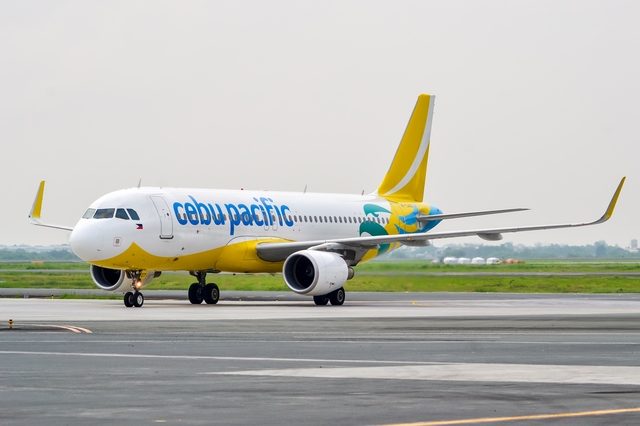SUMMARY
This is AI generated summarization, which may have errors. For context, always refer to the full article.

MANILA, Philippines – For the first time, Gokongwei-led Cebu Pacific passed the globally recognized safety audit of the International Air Transport Association (IATA).
“Cebu Pacific has achieved full compliance with IATA’s Operational Safety Audit (IOSA), joining a roster of 429 airlines worldwide that have strictly complied with the most stringent of international standards governing aviation safety,” the airline said in a statement on Thursday, April 12.
Though Cebu Pacific is not a member of IATA, which represents some 280 airlines comprising 83% of global air traffic, it is now listed in the IOSA Registry, which lists those who have met the benchmark for airline safety management.
The IOSA, which is conducted for each airline every two years, is described by IATA as “an internationally recognized and accepted evaluation system designed to assess the operational management and control systems of an airline.”
“We are committed to upholding the highest possible standards for the benefit of our passengers. Hence, we chose to undergo the rigorous and stringent audit requirements for IOSA,” said Cebu Pacific president Lance Gokongwei.
“Since it is considered the internationally recognized and accepted benchmark for airline safety, we wanted to be sure that our protocols and regulations meet IOSA standards,” he added.
Gokongwei also said Cebu Pacific “invested in safety technology over the past several months… to better manage safety risks.”
These include the on-board Runway Overrun Prevention System (ROPS) cockpit technology for its Airbus fleet, which monitors runway conditions before landing and calculates where the aircraft can safely stop, as well as Area Navigation (RNAV) data for more accurate navigation and approaches to various airports.
It also invested in a Fatigue Risk Management System for pilots to minimize safety risks and ensure they are at adequate levels of alertness.
Philippine Airlines and its subsidiary PAL Express are also included in the IOSA Registry, with the latter passing its latest audit back in March. – Rappler.com
Add a comment
How does this make you feel?
There are no comments yet. Add your comment to start the conversation.